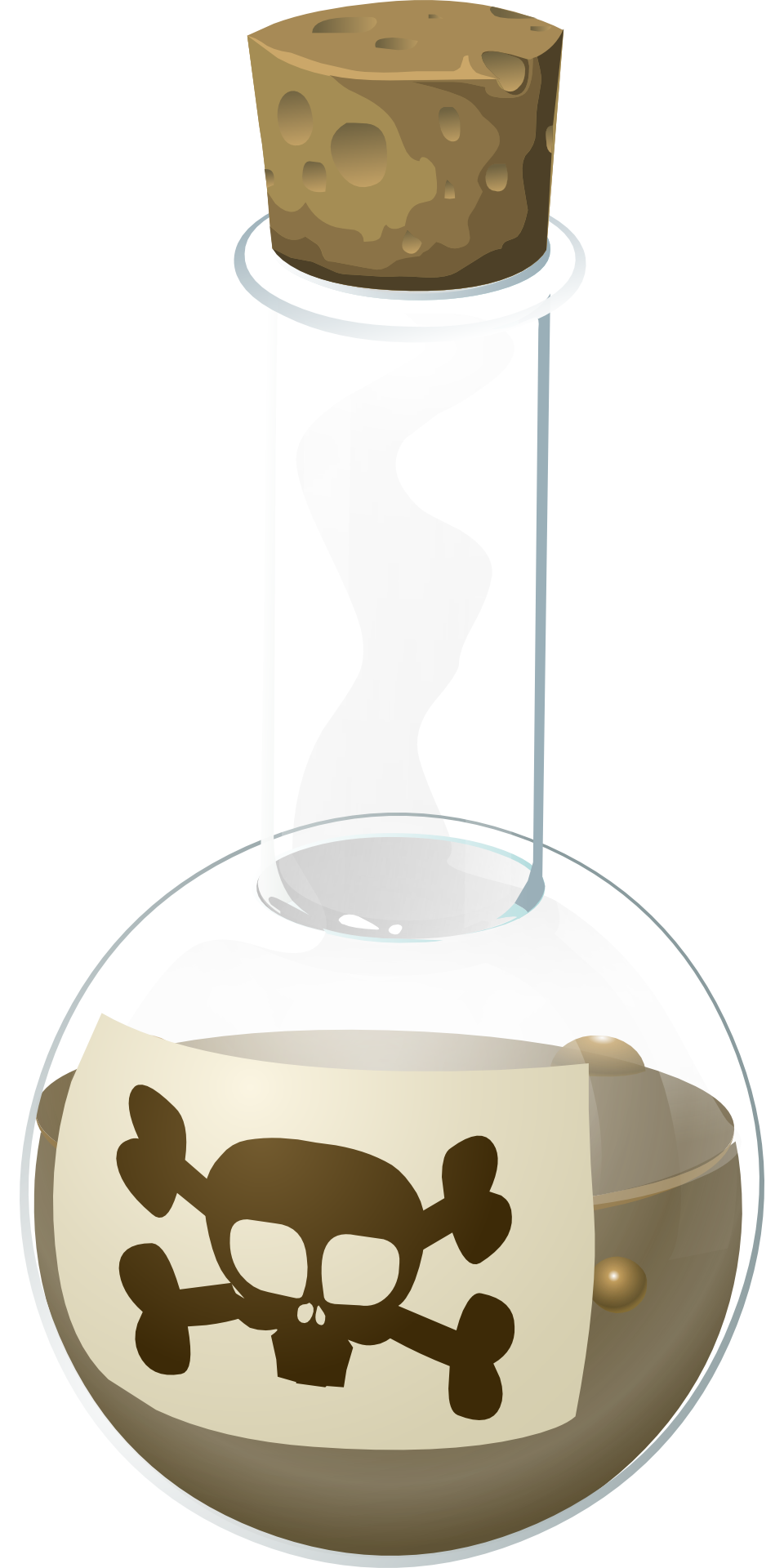
The main thing is that if someone wants to advance in Kṛṣṇa
consciousness and make his life successful, he must follow three
principles:
bhakta-pada-dhūli āra bhakta-pada-jala
bhakta-bhukta-avaśeṣa, –tina mahā-bala
(Śrī Caitanya-caritāmṛta, Antya-līlā 16.60)
[The dust of the feet of a devotee, the water that has
washed the feet of a devotee, and the remnants of food
left by a devotee are three very powerful substances.]
Bhakti-pada-dhūli refers to the foot-dust of devotees. One may
think, “He is a human being, like myself. His foot-dust and my footdust
are the same, because our feet walk in the same places. I know
better than him. Why should I respect him so much?”
Here is an analogy. If there is one drop of poison on your food,
even if your eyes cannot detect the poison, it will act and you will
die. In the similar way, if a liberated soul has stepped somewhere on
the land and you go to that same place, even without knowledge of
its significance, this will benefit your soul.
Bhakta-pada-jala refers to the foot-bathing water of devotees.
Even Bhagavān wants such foot-bathing water.
Once, Kṛṣṇa became very sick and no one could cure Him.
Nārada Ṛṣi came to Him and asked, “Prabhu, how can You be
cured?” Kṛṣṇa told him, “I will be cured if I get the foot-dust of My
devotees to place on My head.”
Nārada Ṛṣi then went to the heavenly planets, Vaikuṇṭha, and
many other places; but no one would give him their foot-dust for
Kṛṣṇa. They were afraid they would go to hell for giving their footdust
for God’s head and body.
Nārada Ṛṣi then went to Vraja, where the gopīs said, “We are
prepared to give Him foot-dust.” Nārada asked, “Are you not afraid
that if you give Kṛṣṇa your foot-dust, you will go to the hellish
planets?” The gopīs replied; “We don’t care for hellish planets. Kṛṣṇa
must be cured. We can reside in hell life after life, birth after birth;
we have no problem with that. But Kṛṣṇa must be cured.” Then they
gave Nārada Ṛṣi their foot-dust.
Nārada Ṛṣi brought this dust to Kṛṣṇa in Dvārakā, and Kṛṣṇa
smeared His whole body with that dust.
Kṛṣṇa put the leftover foot-dust in a pond, and this became the tilaka
that we use now – gopī-candana.
The third powerful substance is bhakta-bhukta-avaseṣa, which
refers to the remnants of the pure devotee. Such remnants are of
two types: the hari-kathā coming from their lotus lips, and their
prasādam remnants. By that prasādam, one can conquer māyā.
If someone wants to be free from anarthas and māyā, he will
have to serve these three things. He will then advance in Kṛṣṇa
consciousness, and his life will be successful.

—Srīpāda Bhaktivedānta Mādhava Mahārāja
Image/Art made possible by Pixabay.com








